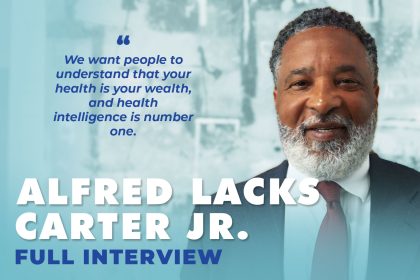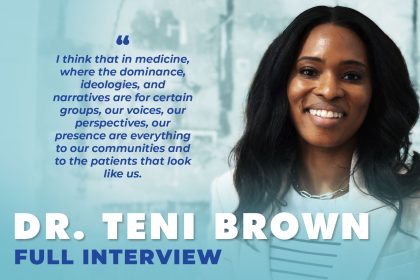Philip Wu didn’t have any second thoughts when his cousin needed a kidney transplant and they were both a match. Wu is now telling his story and hoping to encourage others to register as organ donors and save a life.
At the Organ Donor Awareness art exhibit, Wu spoke with rolling out about his story and why people should become organ donors.
What should people know about being an organ donor?
It’s amazing because David Manuel was sharing his story that he was amazed that someone he did not know donated a kidney. As I reflect on the past year with my cousin’s donation, even though he was my first cousin and we know each other very well, he was surprised that I would be willing to get tested and donate a kidney. I think it’s important because there are hundreds and thousands of potential recipients that are waiting for a kidney and I think that even though they have loved ones and family and friends, it’s a very isolated feeling to know that you individually need a life-saving and life-changing operation.
For someone to give what I was told was the ultimate sacrifice, I think it’s really hard to comprehend. This kind of exposure, where you have individuals that have given 10 and 20 years ago, and they’re surviving, and they’re thriving, they’re living and loving life, realizing that they gave or they received a second chance at life, I think it’s important because the messages can get clouded inside the operation. The operation is just the first step, then the whole recovery process and the opportunity to think of new opportunities of how you want to live your life now, that’s a longer-lasting effect, and it needs to be shown that it’s 10 years down the road, it’s 15 years down the road. Don’t think of the operation as the end all, be all, but that this is an opportunity to save a life.
What is the message you want to share with people who may be unsure about donating an organ?
The doctor’s sole function is to make sure that if you are donating you will survive the next 30 years. You have your own doctor separate from the recipient, and there is a team of specialists dedicated on the way down from psychologists, organ specialists, and bloodwork specialists, and they analyze every asset of your health to make sure that you are going to survive and you are going to live for the next 30 years have donated, and if you donate you become the first priority in any situation where you need help.
There’s a lot of safety in medicine today, especially when it comes to organ transplants and then there’s a lot of safety in the aftercare. You’re not just going to be forgotten. There are organizations that will help you financially cover the costs and that’s important. They will compensate you for any lost wages, any medical visits that you need, and any follow-ups. There are a lot of parameters that are covered by the medical industry when it comes to organ donation.

















